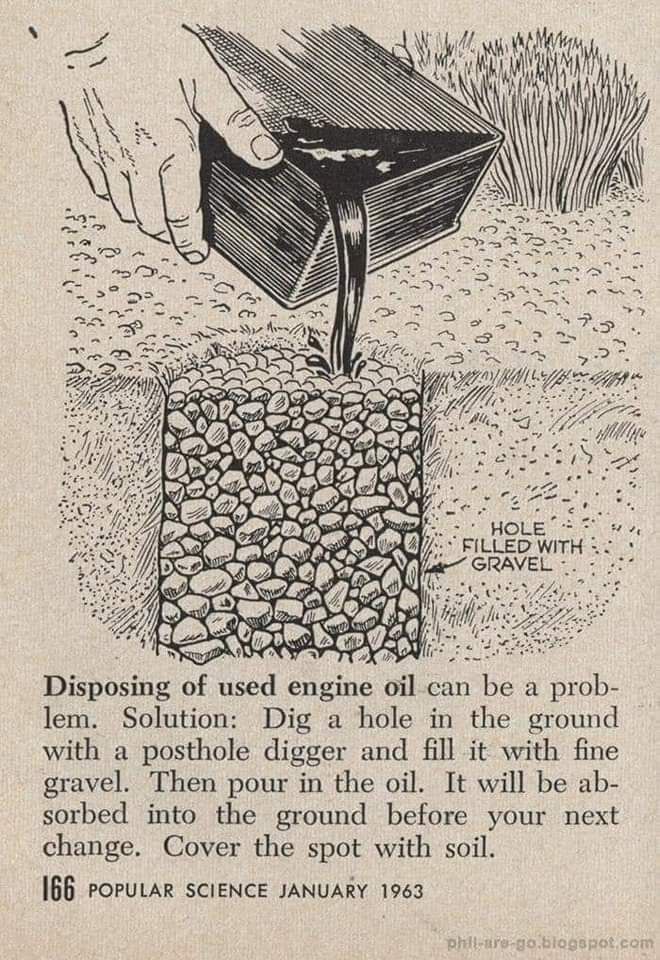this post was submitted on 29 Aug 2023
591 points (97.1% liked)
Memes
45988 readers
1661 users here now
Rules:
- Be civil and nice.
- Try not to excessively repost, as a rule of thumb, wait at least 2 months to do it if you have to.
founded 5 years ago
MODERATORS
you are viewing a single comment's thread
view the rest of the comments
view the rest of the comments

Shit like this is why people doing home gardening, especially in areas that have been inhabited for hundreds of years, without testing the soil first give me heart palpitations. *What are you eating?? I don't know, and neither do you!
My neighborhood soil is laced with arsenic and lead from an old foundry that used to be nearby.
A bunch of my neighbors grow and eat food in that soil knowing it. It boggles my mind.
While I know it's not convenient, have you considered... telling them?
Yea, and the response has been ‘I’ve been eating food I’ve grown here for 20 years and I’m totally fine!’
Just like the people that love to tell their grandparents lived a long life smoking tobacco everyday.
It wasn't the smoking that didnt kill em. It was the minding their own fucking business.
People doing home gardening usually replace the soil.
Almost everyone I know of that gardens at home just tills the soil they have available. Gardening soil isn’t cheap and they view it as an unnecessary expense. It’s especially hard to convince people in rural areas that just using the dirt out back can be harmful.
When I lived in a private house with a garden, we would buy new soil EVERY YEAR. Because fuck all grows otherwise.
I grew up in the country and my grandparents never bought any soil, but God knows what they added to it. Arsenic used to be common in pesticides, for example.
I know you can send soil to be tested by your local university extension, but how do you test for conaminents like used hydrocarbons, arsenic, lead, glyphosate-based herbicides, etc?
I am about to embark on a hobby of composting and would like to know.
If your local university doesn’t test for the specific contaminants you’re concerned about you can send samples to a private lab instead, sometimes they offer more testing options. I don’t know the specifics of how each one is tested for, but on your end they usually just require you to take (and possibly dry) soil samples before sending them in.
If you don’t have a good idea of the history of the site, it would be good to try and figure it out through your local historical society if you have one, or land records from your local records office. Whoever is testing the soil will have a better idea of what to test for if they know it used to be a mining town, or it’s 50 feet from a house old enough to have used lead paint, if it was farm land, etc.